Philosophical debates about the idea of human nature and the influential models of human nature in Indic and Western traditions form the core component of this course. Fundamental questions the course looks at include what is mind and how it is distinct from the brain, and can we identify a single human essence. These are some of the foundational issues explored in Mind and Behaviour from the perspective of both philosophy, psychology and science.
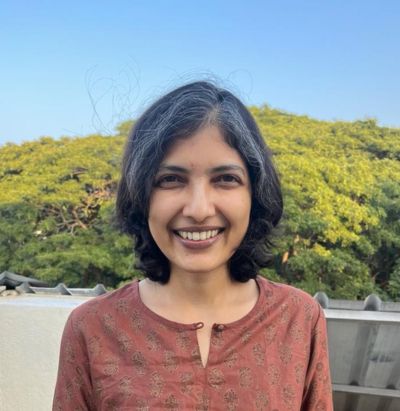
Department: Philosophy | Semester: Spring 2025
Is our experience of pain identical to the firing of neurons in our brains? Is free will an illusion? How should we live? This course will explore such philosophical questions about the nature of the mind, our experience of making up our minds, and the morality of our conduct.
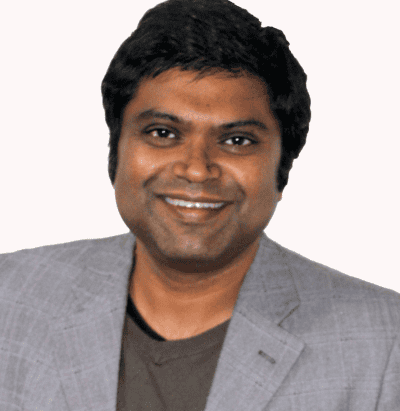
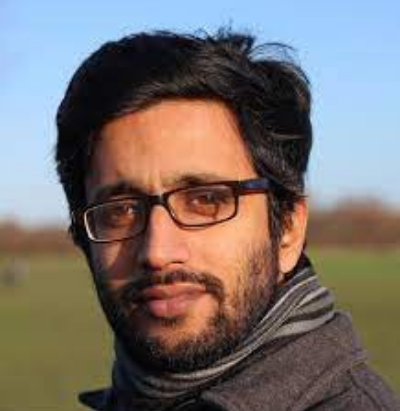
Department: Psychology| Semester: Spring 2025
The purpose of this course is to ask critical questions on mind and behaviour and their relationship to the brain and body. We will quickly review the philosophical theories of mind and behaviour, specifically the dominant views that have guided empirical studies. Subsequently, we will review the different methods for studying mind and behaviour in empirical setting. With the help of basic research methodological tools, we would explore how perception, action, attention, memory emotion, empathy and consciousness can be understood from the operational principles and complex mechanisms in relevant brain areas. We will discuss the current understanding of neurodiversity towards the end of the course.
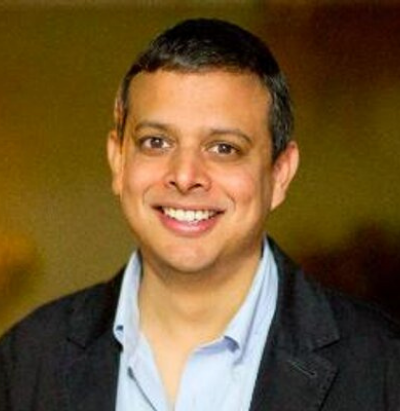
Department: Philosophy | Semester: Monsoon 2024
What kind of creature are you? A human being, no doubt. But what kind of creature
is that? How should such a creature live? We will critically explore influential
models of human nature in the Indic and Western philosophical traditions and their
profound implications both for how we ought to live and our place in the social
world. Readings include selections from the Upanishads, Vasisṭḥa’s Yoga, Plato,
Aristotle, Hume, Freud, Mill, Railton, Śāntideva, Korsgaard, Foot, O’Neill, Frye,
Haidt, Milgram, Hobbes, Rawls, Bilgrami and others.
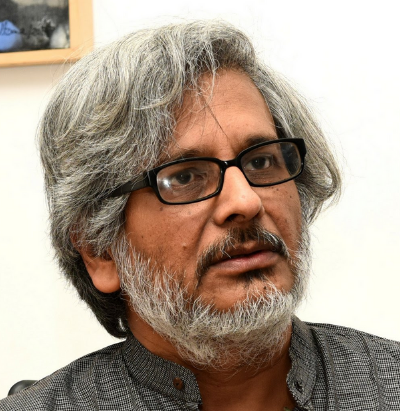
Emotions, Expressions and the Ego
Department: Philosophy| Semester: Monsoon 2024
What is an emotion? What, if any, are the distinctions between passions, feelings, affects, sentiments, emotions (called “bhAva”-s in Indian psychology and theater theory) ? Are we always aware of and correct about our own emotions? Can we ever know or feel others’ emotions? Focusing on ten basic emotions: anger, humour, disgust, fear, envy, sadness, love, wonder, fun and boredom this course will explore the following four questions about emotions, their bodily expressions and their relationship to the ego (which need not be equated with) the self:
1. Are emotions primarily a matter of the body, the brain, the nervous system, or the self’s subjective consciousness, or are they constructed out of facial expressions, interpersonal interactions and moral evaluations thereof?
2. How do we learn, fallibly but reliably, to detect (directly perceive? indirectly infer?) others’ feelings from their arguably universal facial expressions?
3. How central is our concept of ego/ self/ or I, the first person, to our feelings of emotion? Could an egoless person still have some ‘good’ emotions (such as compassion, gratitude or respect)?
4.Can emotions be ethically evaluated as ‘good’ or ‘bad’?
Alternative answers to these questions will be explored through selected readings(and short written reactions with prompts) from Charles Darwin, William James, Jesse Prinz, Paul Ekman, Aaron Be’eZev, Robert Solomon, Jonathan Haidt, Lars Svenson and Sanskrit Theater Aesthetics (Nāṭya Śāstra), and Abhinavagupta’s commentary on it. We shall also watch classic and contemporary Indian and international cinema in order to apply some of the philosophical theories of emotion and test them against our reaction to performances of film-acting, theatre and dance.

Department: Philosophy| Semester: Monsoon 2024 and Spring 2025
Who were we? Who are we? Who will we become? How should we act? This course examines texts on human nature, human identity and human enlightenment from The Epic of Gilgamesh to current speculations on post-humanism. We will read epic, tragic, comic, philosophical and spiritual works in our quest to find meaning in the human condition and guidance on how best to live. We will draw on texts from various traditions to see if there are any universal answers to these questions.
Arpan Banerjee
Department: Psychology | Semester: Monsoon 2024
The purpose of this course is to ask critical questions on mind and behaviour and their relationship to the brain and body. We will quickly review the philosophical theories of mind and behaviour, specifically the dominant views that have guided empirical studies. Subsequently we will review the different methods for studying mind and behaviour in empirical setting. With the help of basic research methodological tools, we would explore how perception, action, attention, memory emotion, empathy and consciousness can be understood from the operational principles and complex mechanisms in relevant brain areas. We will discuss the current understanding of neurodiversity towards the end of the course.

Department: Psychology | Semester: Monsoon 2023
This course will introduce you to questions of mind and behaviour and their relationship to the brain and body, and will encourage you to think critically and scientifically through your own ideas around these relationships. In this course we will try to understand ourselves, the people and animals around us, and all the ways in which our interactions produce learning. Every conversation, every memory, even your reading of this course outline, structurally and functionally changes your brain, but not everything that the brain processes seems to make it to the realm of conscious perception. We will think about various seemingly intangible aspects of the mind and try to imagine how to make sense of them.

Department: Philosophy | Semester: Monsoon 2023
Is the essential nature of the mind its capacity to reason, to behave in certain ways, to feel, to grasp certain aspects of the world? This course explores the nature of the human mind and what it can tell us about ourselves and our place in the world. We will consider whether the operations of human minds are fundamentally different from those of animals and from various forms of artificial intelligence, whether the mind is identical with physical or brain processes or instead is something else over and above the material world, whether our minds enable us to make choices that are truly free or rather only to channel the influential forces in our environment, and what the nature of our minds implies about how we should live and treat each other.
Faculty Name: William McDonald
Department: Philosophy | Semester: Monsoon 2023 and Spring 2024
Who were we? Who are we? Who will we become? This course examines texts on human nature and human identity from the oldest extant written literature (The Epic of Gilgamesh), through texts on personal, collective and gender identities, to speculations on post-human being. We will also investigate the ethical question of how we should live, based on the sort of beings we are. This ethical question will require exploration of some theories of ethics with a special focus on virtue ethics. The texts are drawn from European, Indian, Near Eastern, Central Asian and Indigenous Australian cultures.
Is there something special about human minds or can our conscious experience be explained by physics just like the rest of the universe? And if so, what is the nature of our beliefs, emotions, and other mental states? What about morality – is it a feature of the world as well, or maybe just a useful fiction we have created? We will explore these questions through (mostly) contemporary philosophical writings. We will also develop essential skills such as reading complex academic texts and reconstructing their core arguments, constructively discussing these issues and giving feedback on another student’s ideas, and expressing philosophical ideas in structured, concise, and linear pieces of writing.
Faculty Name: Mohammad Saeedimehr (Visiting)
Department: Philosophy | Semester: Monsoon 2023
As human beings, we have the intrinsic desire to gain knowledge not only about the external world but also about the internal world i.e., ourselves. On a par with the external world, the inner world of the self is so complicated and multidimensional that can, and indeed should, be studied by diverse branches of philosophy and science. Among other scholars, philosophers have always been tackling puzzlements about the nature of the human self. Some of the fundamental philosophical questions include: what is the nature of the mind and the mental states? What is the relation between mind and body? How can we best understand certain human phenomena like consciousness, intentionality, rationality and personhood? How can we understand and explain mental causation? Are we really free in at least some of our actions? How can we be justified in believing in other minds? … In this course, we shall explore such problems and examine the main philosophical theories offered as solutions. Though we will occasionally discuss ancient, medieval and modern views, our focus will be on the views of contemporary analytic philosophers. By the end of our intellectual journey, I expect you to get familiar with some of the mysteries of our “inner world” and become strongly encouraged to enhance your relevant knowledge in future.
